ARA-290 16mg
SKU
$90.00
ARA-290 16mg is a research chemical that is in clinical trials. It is not for human consumption. ARA-290 study has shown positive results in encouraging wound repair, improving cholesterol, and controls neuropathic pain.
ARA-290 is a variant of erythropoietin which has been shown to decrease inflammatory pathways through paracrine signaling and the innate repair receptors. Research has shown ARA-290 to help reduce HbA1c, improve cholesterol, modulate peripheral neuropathies and general neuropathic pain and stimulates wound repair.
PRODUCT USAGE WARNING : This PRODUCT IS INTENDED AS A RESEARCH CHEMICAL ONLY. This designation allows the use of research chemicals strictly for in vitro testing and laboratory experimentation only. All product information available on this website is for educational purposes only. Bodily introduction of any kind into humans or animals is strictly forbidden by law. This product should only be handled by licensed, qualified professionals. This product is not a drug, food, or cosmetic and may not be misbranded, misused or mislabled as a drug, food or cosmetic.
Description
BUY ARA-290 PEPTIDE FOR SALE ONLINE
What is ARA-290?
ARA-290 is a small peptide derived from the helix beta domain of erythropoietin (EPO). EPO has long been known to exhibit actions beyond the stimulation of red blood cell production in bone marrow. The glycoprotein, which is made in the kidney, has been found to stimulate blood vessel growth, promote cell survival, alter blood pressure, and produce neuroprotective effects in diabetic neuropathy. ARA-290 offers the neuroprotective and pain relieving effects of EPO without stimulating red blood ell production.
ARA-290 has completed phase II trials and is in preparation to enter phase III trials for a variety of applications in diabetes and the autoimmune sarcoidosis. Right now, the peptide is of active interest for its ability to control neuropathic pain, but it is also under investigation as a potential stimulator of wound repair in chronic diabetes, as an immune modulatory drug, and as a potential treatment for systemic lupus erythematosus (lupus or SLE).
ARA-290 Peptide For Sale online only at USA Peptide Store where you can buy USA Research Peptides online. Shop over 100 research peptides online now for fast shipping and the best deal! Buy in bulk and Save! USA Peptide Store Your #1 Trusted USA Research Peptides Supplier.
If this product does not meet your needs or interests, you may want to look at B7-33 Peptide 6mg. Please visit this link for further information on our Other Peptides
ARA-290 Structure
Sequence: ZEQLERALNSS
Molecular Formula: C51H84N16O21
Molecular Weight: 1257.3 g/mol
PubChem CID: 91810664
CAS No: 1208243-50-8
Synonyms: cibinetide, PH-BSP
Source: PubChem
ARA-290 Research
Blood Vessel Health
Retinal ischemia, which results from a number of disease processes, is a leading cause of blindness in industrialized nations. The ability to protect retinal epithelial cells from injury or the ability to promote their regeneration following an insult, could go a long way to reducing disease burden. Research in mice indicates that ARA-290 can protect endothelial colony forming cells against the ravages of inflammation. In so doing, ARA-290 prolongs cell survival and helps endothelial colony forming cells (ECFCs) to repair and rebuild blood vessels.
Other studies in mice show that ARA-290 enhances the proliferation, migration, and longevity of ECFCs throughout the vasculature. It also appears that ARA-290 boosts the homing ability of ECFCs, helping them to better target areas of the vasculature that are in need of repair. There is hope that this function can not only help to boost the effects of endogenous ECFCs, but can help to improve the ability of transplanted ECFCs to repair vasculature and restore blood flow to ischemic tissue. If successful in the case of ECFC transplants, ARA-290 could open up a whole new area of medical therapy allowing functional cells to be transplanted successfully for tissue repair, hormone production, protein building, and more.
Reducing Inflammatory Cytokines
Research in mice shows that ARA-290 can hep to promote the survival of transplanted islet cells by inhibiting macrophage activation. For years, the treatment of diabetes via the transplantation of healthy insulin-producing islet cells has been the holy grail of endocrinology. Islet cells, unlike exogenous insulin, provide a much more physiologic control of blood sugar and therefore drastically reduce the complications often seen even in well-controlled diabetes.
Unfortunately, islet cells do not survive transplantation for long and thus the procedure has been all but abandoned. With the development of ARA-290, however, that may be changing. Studies in mice have revealed that the peptides ability to suppress inflammatory cytokines like IL-6, IL-12, and TNF-alpha drastically prolongs the survival of transplanted islet cells.
The ability of ARA-290 to protect against normal inflammatory responses appears to be mediated through the binding of the peptide to the tissue-protective receptor (TPR), boosting tissue protection and helping to regulate the immune system. EPO also binds to the TPR, but has a number of cardiovascular and hematopoietic side effects that have made it untenable as a treatment in many if not most settings.
By binding to the TPR and not promoting some of the other effects of EPO, peptides like ARA-290 help to reduce apoptosis and cut back on the levels of harmful inflammatory cytokines. The net results are tissue protection and improved tissue regeneration. Both of these features lead to reduced morbidity and mortality, fast wound healing, reduced scar formation, and fast post-injury recovery of function.
Tissue Protection
Research in mice shows that ARA-290 can help to promote the survival of transplanted islet cells by inhibiting macrophage activation. For years, the treatment of diabetes via the transplantation of healthy insulin-producing islet cells has been the holy grail of endocrinology. Islet cells, unlike exogenous insulin, provide a much more physiologic control of blood sugar and therefore drastically reduce the complications often seen even in well-controlled diabetes.
Unfortunately, islet cells do not survive transplantation for long and thus the procedure has been all but abandoned. With the development of ARA-290, however, that may be changing. Studies in mice have revealed that the peptides ability to suppress inflammatory cytokines like IL-6, IL-12, and TNF-alpha drastically prolongs the survival of transplanted islet cells.
The ability of ARA-290 to protect against normal inflammatory responses appears to be mediated through the binding of the peptide to the tissue-protective receptor (TPR), boosting tissue protection and helping to regulate the immune system. EPO also binds to the TPR, but has a number of cardiovascular and hematopoietic side effects that have made it untenable as a treatment in many if not most settings.
By binding to the TPR and not promoting some of the other effects of EPO, peptides like ARA-290 help to reduce apoptosis and cut back on the levels of harmful inflammatory cytokines. The net results are tissue protection and improved tissue regeneration. Both of these features lead to reduced morbidity and mortality, fast wound healing, reduced scar formation, and fast post-injury recovery of function.
Immune System
The TPR is expressed on a variety of immune cells including macrophages, dendritic cells, mast cells, and lymphocytes (particularly T-cells). Mounting evidence suggests that ARA-290 and similar peptides can bind to this TPR on immune cells to directly affect their function.
For macrophages, stimulation of the TPR by ARA-290 significantly reduces the excretion of proinflammatory cytokines like TNF-alpha and IL-6. Interestingly, even though this downregulation of the immune response leads to decreased pathogen clearance in certain settings, it reduces disease severity and helps to prevent long-term disease processes from setting up.
Research also shows that activation of TPR restricts the pathway of macrophage chemokine secretion, which in turn lessens the infiltration of inflammatory cytokines while boosting the recruitment tissue macrophages (resident macrophages) to areas of injury. The net result appears to be improved tissue healing with reduced inflammatory side effects.
Other research shows that ARA-290 may help to alter antigen presentation by dendritic cells, thereby altering the adaptive immunity that leads to long-term resistance against pathogens to which the body has already been exposed. While this sounds like a very bad thing on its surface, it is important to remember that adaptive immunity is the primary driver of organ and tissue rejection following transplant. The ability to modulate the process and fine tune it can help to reduce graft rejection in everything from kidney and heart transplants to bone marrow transplants and experimental transplants.
There are several applications for an immune system modulator like ARA-290. Perhaps the most promising is in the setting of colitis. Colitis, which can be a consequence of infection, can also be a result of chronic automimmune disease such as is seen in Crohn’s disease and ulcerative colitis. Currently the treatments for autoimmune colitis are limited to injectable medications with a myriad of side effects. The ability to treat colitis with more selective immune modulators could ease the suffering of many people who suffer from inflammatory bowel disease.
Another potential avenue of the immune modulatory effects of ARA-290 is in the treatment of systemic lupus erythematosus (SLE). Research in mice shows that administration of ARA-290 suppresses levels of autoantibodies (namely ANA and anti-dsDNA) that serve as markers for SLE diagnosis and as indicators of disease severity. Moreover, ARA-290 decreases the kidney damage that often leads to morbidity and mortality in SLE. These findings suggest that ARA-290 may offer the first truly targeted treatment for SLE.
Pain Perception
The immune system has long been known to play a role in the perception of pain (nociception), but effect regulators of this mechanism of pain have been hard to develop. In particular, the immune system plays an important role in the development of neuropathic (nerve-based) pain, such as the neuropathy seen in diabetes. Neuropathic pain is notoriously difficult to control, but research shows that targeting the IRR (innate repair receptor) can decrease inflammation and alleviate neuropathic pain.
ARA-290 is known to act on this receptor, but new research suggests that it can also inhibit TRPV1 channel activity. The TRPV1 channel, also known as the capsaicin receptor, is responsible for the perception of heat and associated burning pain so often reported in neuropathic disease. The ability of ARA-290 to act on this receptor could make it useful in treating pain associated with diabetes, multiple sclerosis, chemotherapy, and amputation.
Small nerve fiber loss is a consequence of certain autoimmune diseases, particularly sarcoidosis and diabetes. Also called small fiber neuropathy, the condition results when small fibers in the skin that are responsible for temperature and pain sensation deteriorate. Symptoms, which range in severity, can be of the pins and needles type or give the sensation of sand in the shoe or a wrinkle in a sock.
The pain is usually transient, but is severe and occurs multiple times throughout a day. In the worst cases, the pain becomes persistent and generally manifests as a burning sensation. Research in people suffering from small fiber nerve loss shows that treatment with ARA-290 increases the number of small nerve fibers and reduces pain significantly. This suggests that ARA-290 may offer an effective treatment for nerve damage seen in diseases like sarcoidosis, diabetes, thyroid dysfunction, celiac disease, HIV, and more.
Orphan Drug
In 2016, Araim Pharmaceuticals announced that the FDA had granted it orphan drug status to explore the efficacy of daily cibinetide in the treatment of patients with painful sarcoid neuropathy. A year later, Chief Science Officer Michael Brines, along with several others, published a paper revealing the benefits of ARA-290 in the treatment of peripheral nerve pain and small nerve fiber pain.
According to Dr. Brines and his colleagues, ARA-290 (cibinetide) is preparing for phase 3 trials as a treatment for neuropathy. This peptide has the potential to treat the roughly 87 million Americans who suffer from nerve damage and its associated morbidities. There even appears to be a role for ARA-290 in accelerating impaired wound healing in mice with diabetes, suggesting that the peptide may help to stave off the amputations and chronic ulcers that many diabetics suffer later in life.
Summary
While ARA-290 has been of primary interest for its novel mechanism of controlling neuropathic pain, the peptide is also of interest for its immune modulating properties, for its ability to stimulate wound repair, and as a potential means of protecting vasculature during ischemic insults. The most advanced area of research surrounds the ability of ARA-290 to modulate neuropathic pain.
The peptide is currently in phase II and III trials for the treatment of diabetic neuropathy and sarcoid neuropathy respectively. There is also interest in using the peptide as a treatment for systemic lupus erythematosus and in the pain syndromes associated with multiple sclerosis, HIV, celiac disease, and more. There is burgeoning interest in using ARA-290 as a potential disease modifying agent in inflammatory bowel disease as well.
ARA-290 exhibits minimal side effects, low oral and excellent subcutaneous bioavailability in mice. Per kg dosage in mice does not scale to humans. ARA-290 Peptide for sale at USA Peptide Store is limited to educational and scientific research only, not for human consumption. Only buy ARA-290 if you are a licensed researcher.
Buy Wholesale ARA-290 Peptide From USA Peptide Store
At USA Peptide Store, our research peptides are of the highest purity and pharmaceutical grade. Our ARA-290 Peptide comes in 16mg. We’re passionate about our products, and we always strive to provide our customers with the best in both selection and quality. All of the products we provide are tested to verify authenticity and purity, so you can conduct your research with confidence.
Searching for ARA-290 Peptide for sale? Look no further! Our online peptide store offers a wide range of ARA-290 Peptide, perfect for your research needs. Whether you’re in the United States, Australia, Canada, Germany, Sweden, France, Turkey, Thailand, Italy, Netherlands or the United Kingdom, we have you covered. We provide fast and secure shipping to multiple countries, ensuring that you receive your order conveniently and on time. Purchase ARA-290 Peptide that are now available for sale and in stock. With our competitive prices and extensive inventory, you can trust us to be your reliable source for ARA-290 16mg.
Want to learn more about our products or have a question about payment options? Our customer service team is here to help. So, what are you waiting for? order ARA-290 Peptide For Sale and experience first-hand quality service, prompt response and quick shipping. Stock up on the highest quality ARA-290 Peptide For Sale and more at USA Peptide Store today.
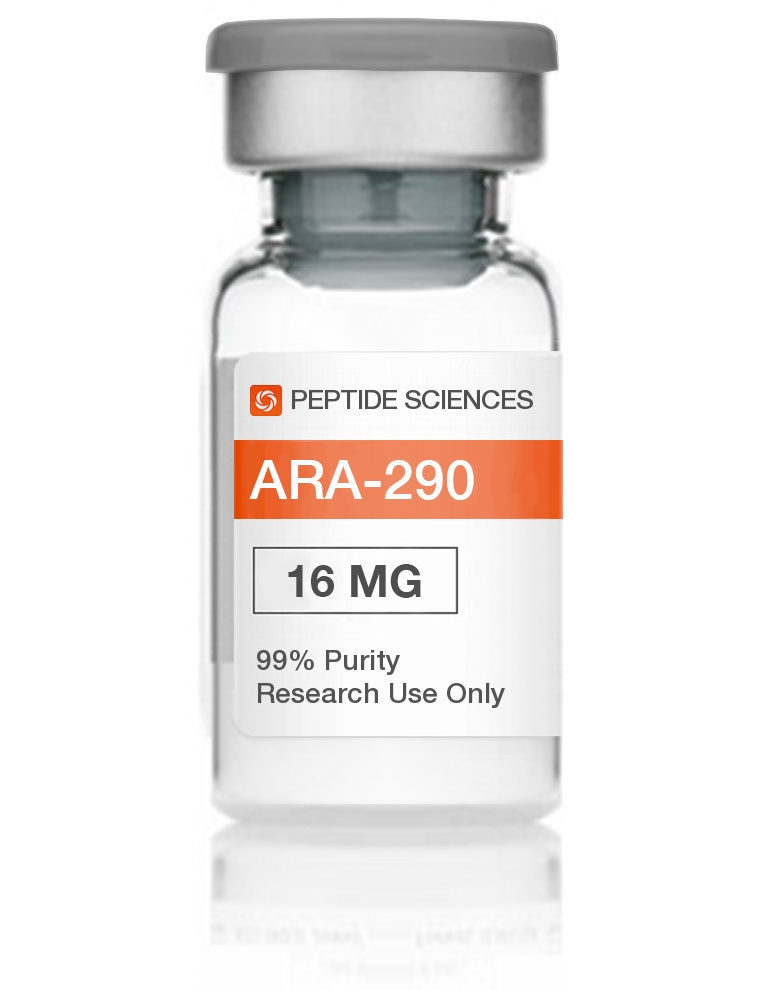
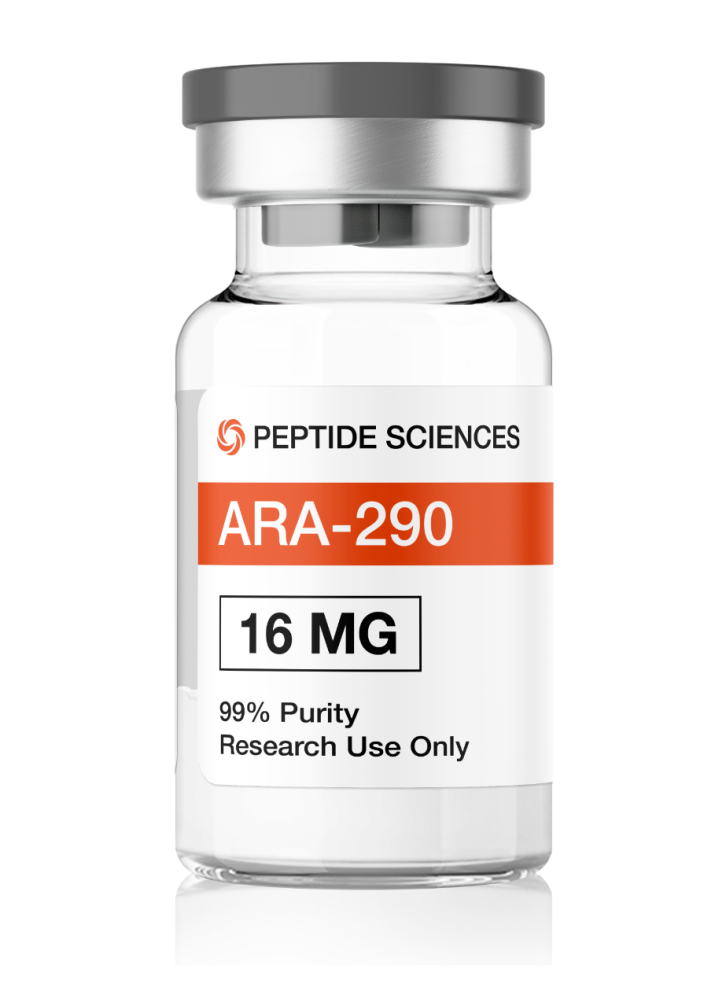
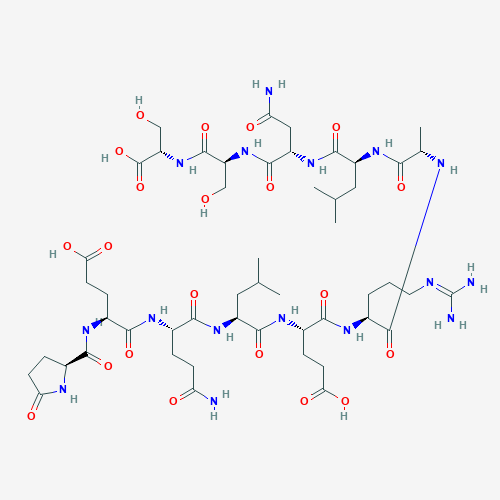
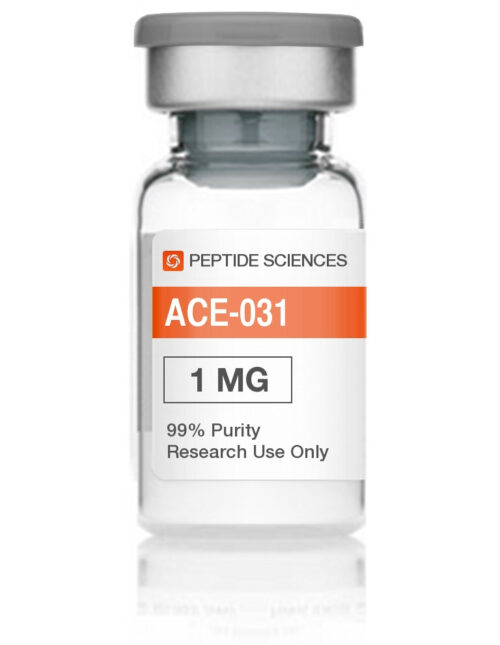
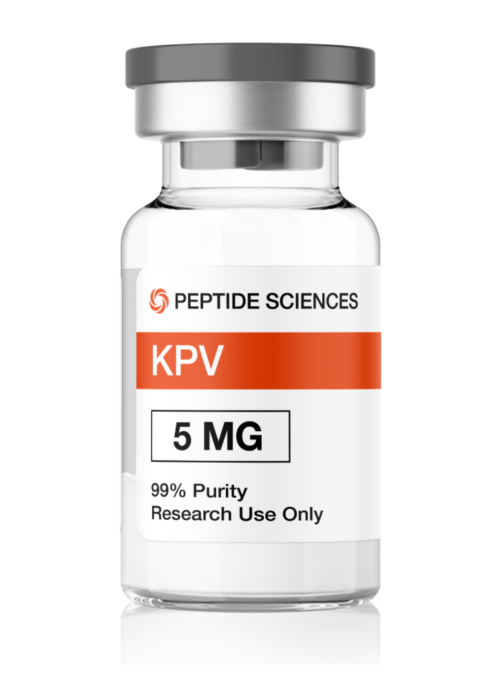
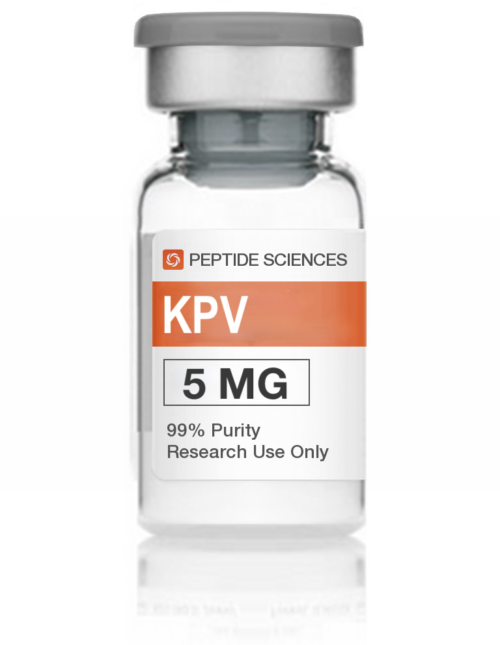
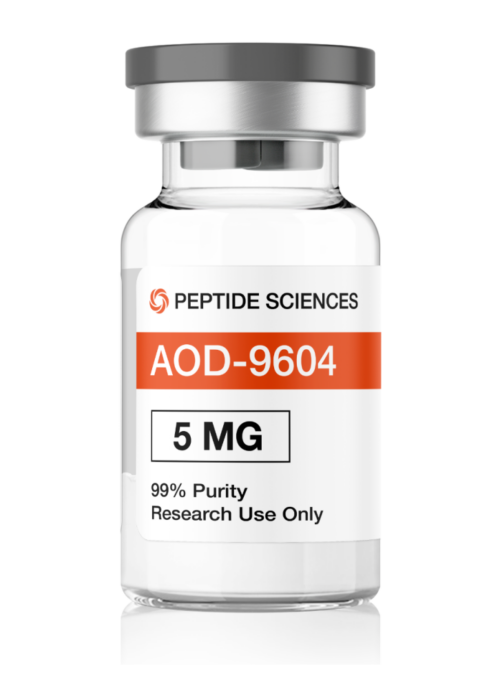
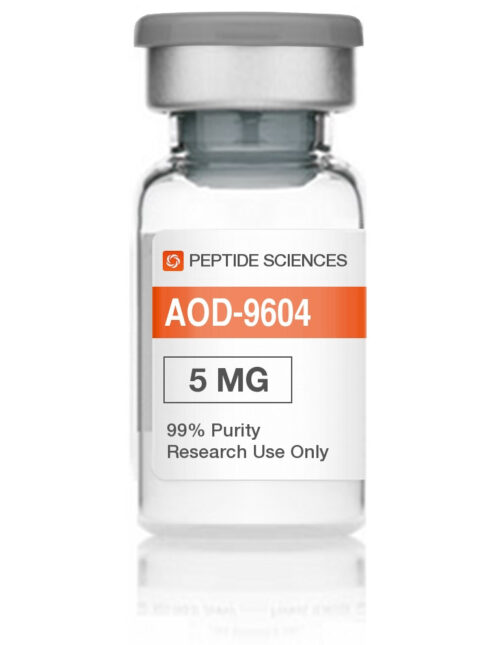
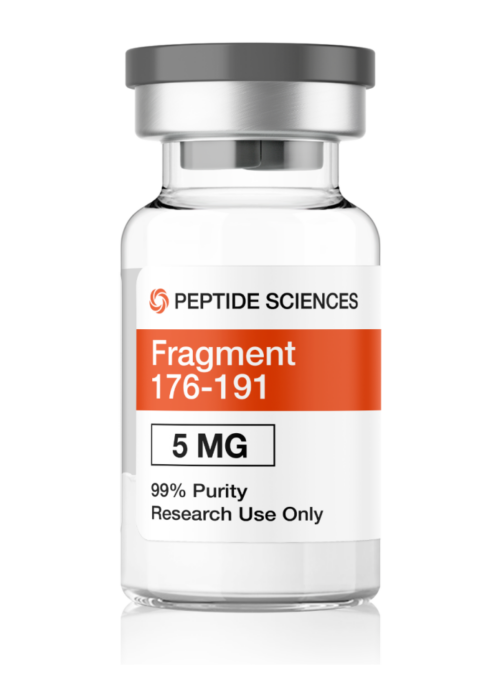
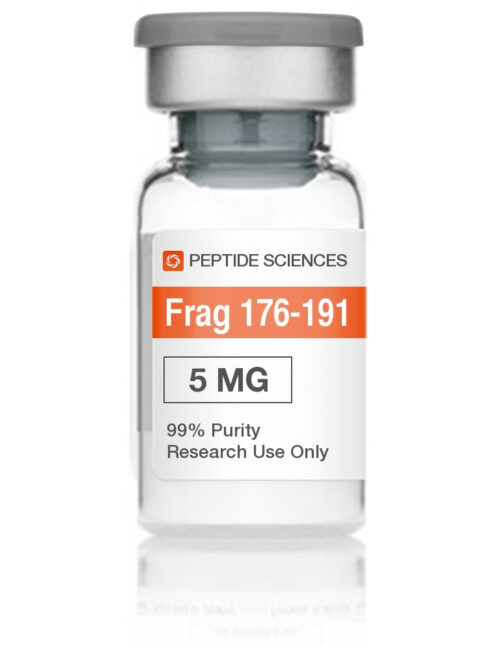
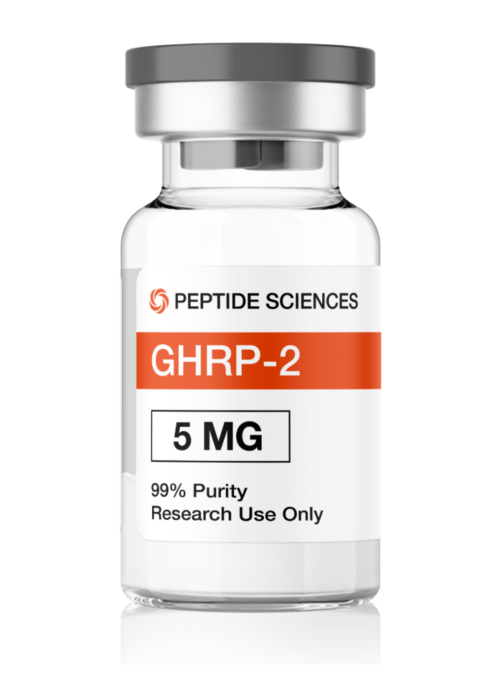
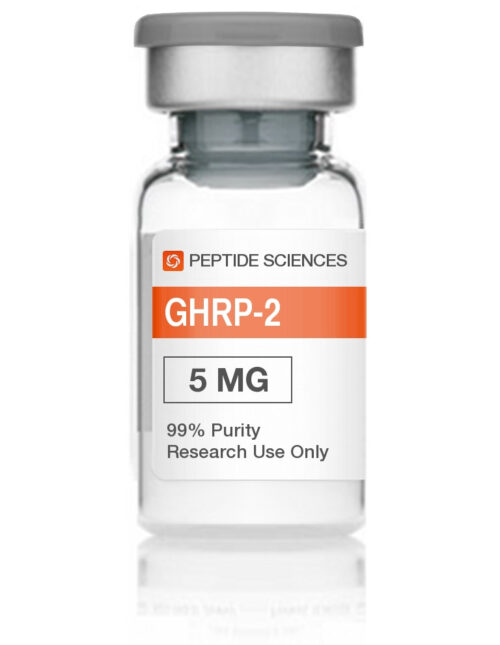
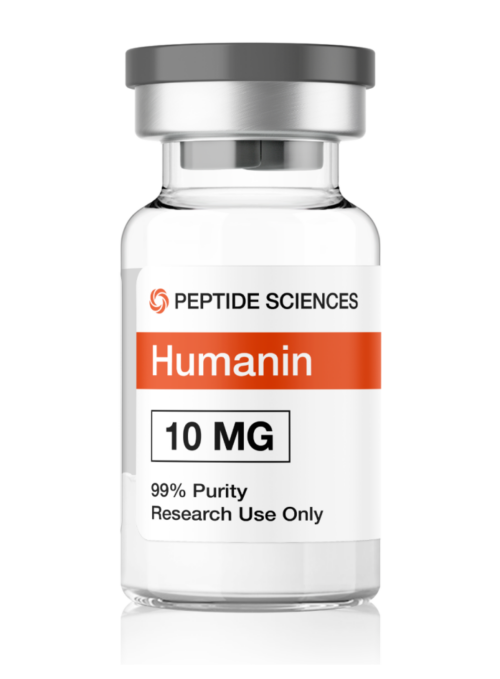
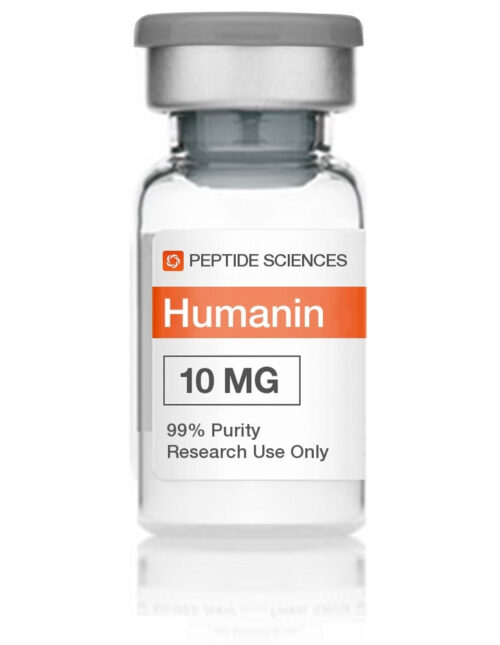
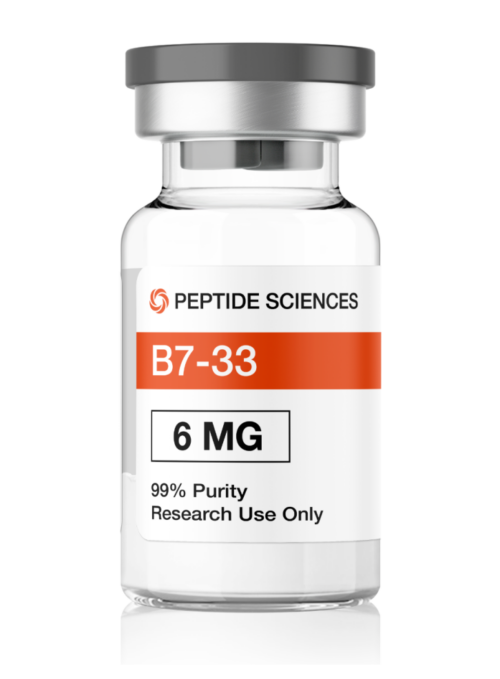
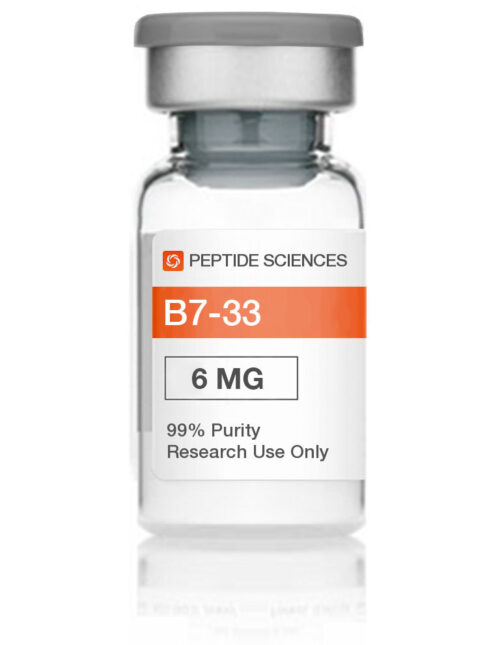
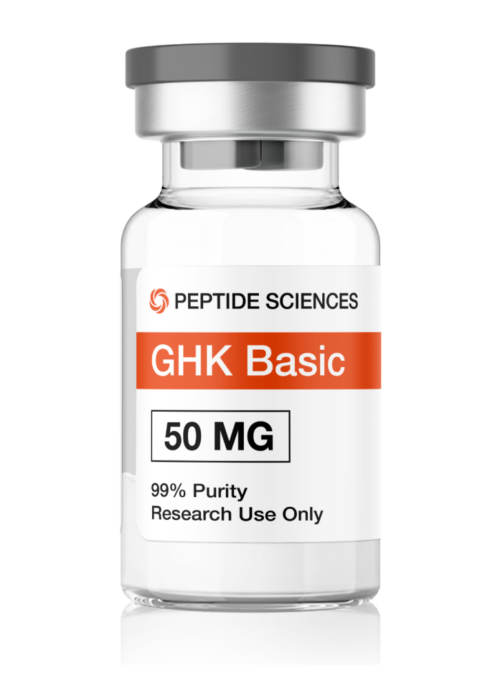
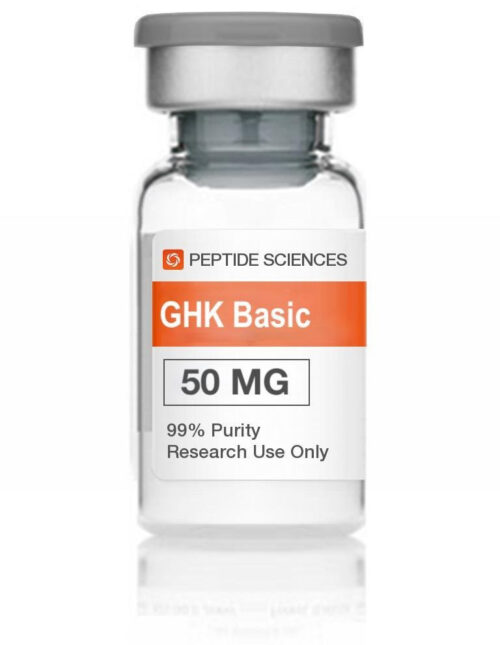

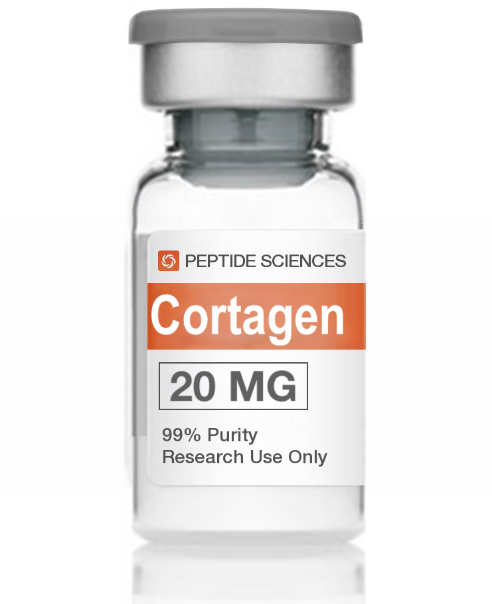
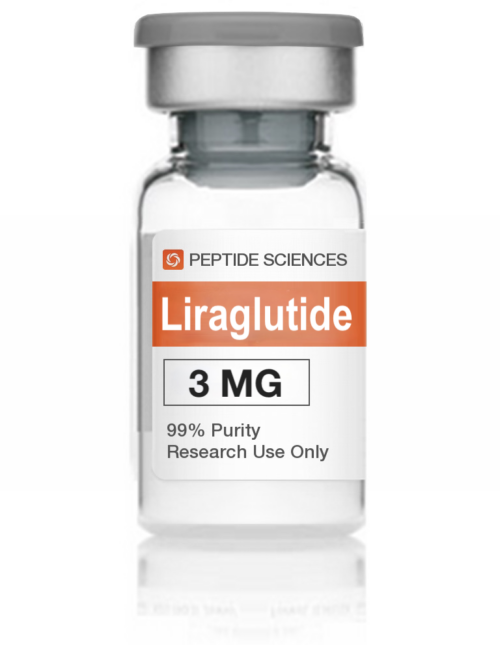
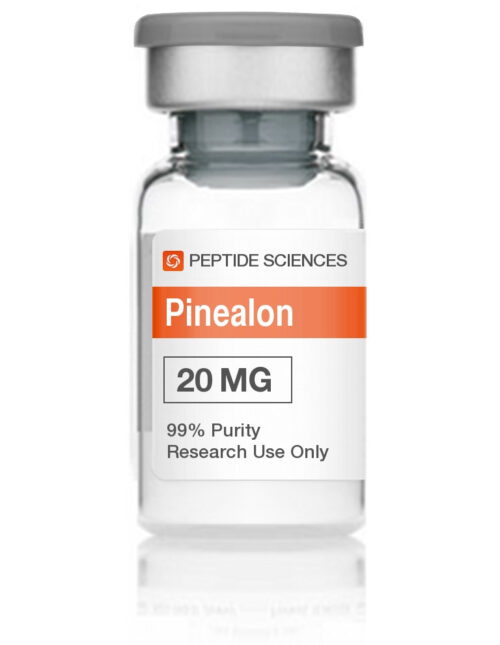
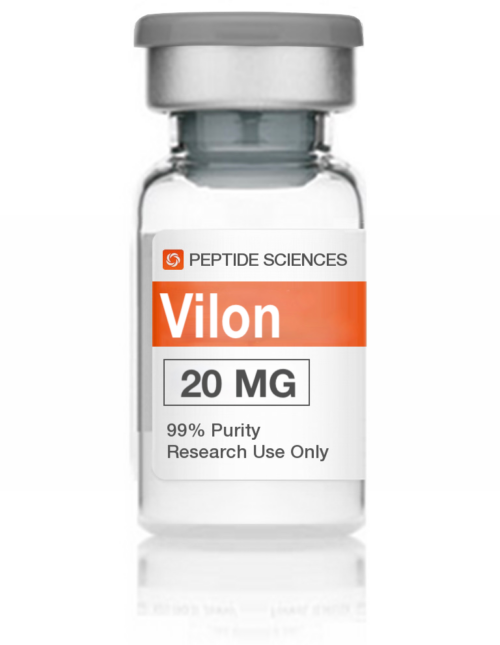

Reviews
There are no reviews yet.